Cognitive Development Activities for Kids: Playful Pathways to Growing Minds
Chosen theme: Cognitive Development Activities for Kids. Welcome to a joyful hub of research‑informed ideas, real family stories, and practical play prompts that strengthen attention, memory, language, reasoning, and creativity. Subscribe, comment, and grow with us—one curious activity at a time.


Start with four picture cards face down, flipping to find pairs while narrating positions aloud. Gradually add cards, time gaps, and silly distractions. Our son loved announcing strategies like top left, bottom right, proudly noticing how talking out loud sharpened recall and focus.
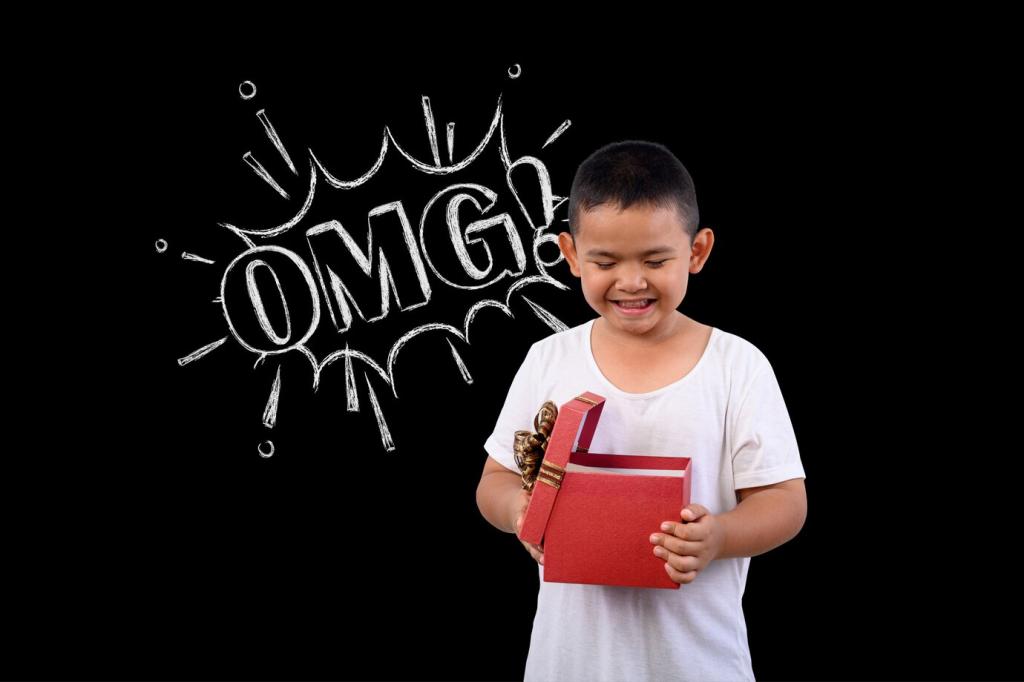
Print photos from last weekend—a park slide, the snack break, the goodbye wave—and ask your child to place them in order and retell with details. Add challenge by shuffling one out, predicting the missing moment, then rewriting the tale. Share your funniest plot twists.
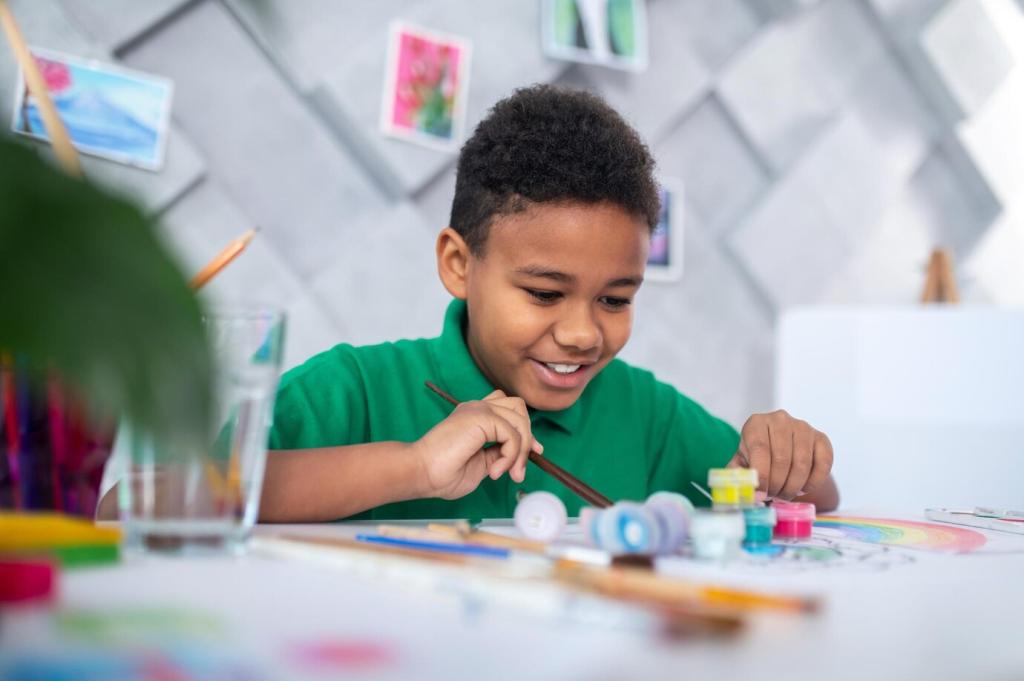
Create a cheerful checklist song for packing: water bottle, folder, library book, hat. Sing once, hide the list, and invite recall without peeking. Rotate items weekly and let your child lead. Post your family’s catchiest lyric so other readers can borrow the tune.
Fill a clear bottle with water, glitter, and glycerin. Shake, then breathe as sparkles settle, matching inhales to the falling glitter. Name feelings like stormy, sunny, or foggy. Over time, kids notice their internal weather and choose tools that help them reset and refocus.
Nurturing Attention and Self-Regulation
Play the classic game, then switch rules mid-round: green means freeze, red means hop, yellow means tiptoe. Celebrate mistakes as learning data. This playful switch strengthens inhibition and mental flexibility. Comment which silly rule set produced the most giggles and the longest sustained attention.
Nurturing Attention and Self-Regulation
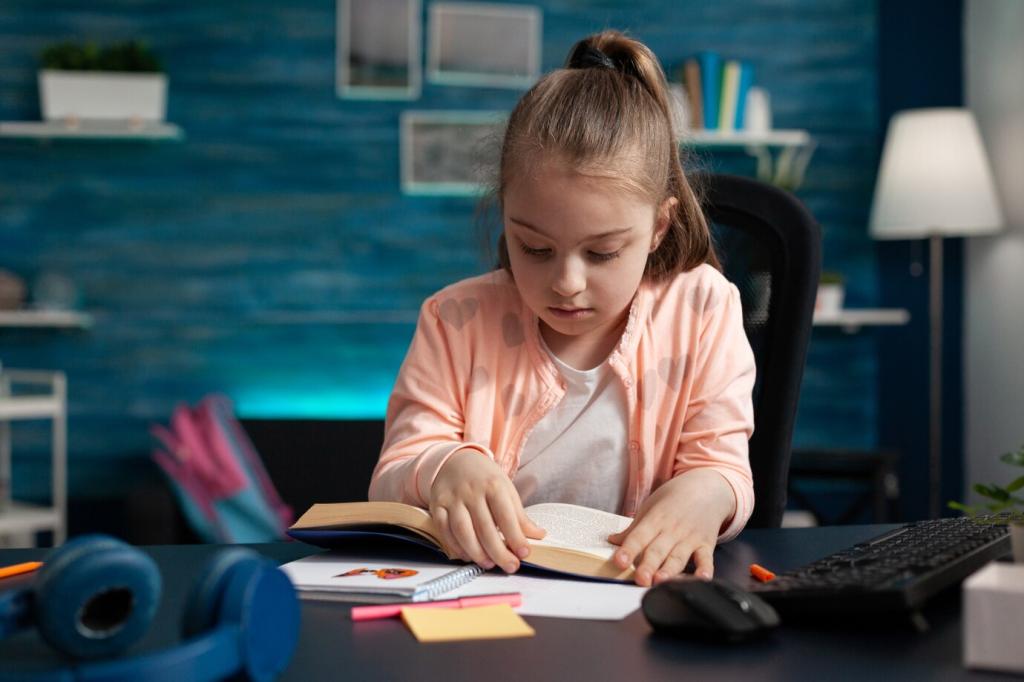
Dialogic Reading That Invites Wonder
While reading, pause often to ask open questions like What surprised you or How else might this character solve the problem. Follow the child’s ideas, recast vocabulary naturally, and connect story events to family experiences. Tell us which prompts unlocked the liveliest conversation.
Category Sorting Hunt Around the House
Give a basket and a mission: find five things that roll, five that are soft, and five that make sound. Sort, label, and compare. Ask why items belong or do not. This playful classification game deepens concepts and fuels flexible thinking. Post photos of your creative categories.
Word Collectors’ Notebook
Keep a pocket notebook for interesting words heard at school, stores, or the bus stop. Add drawings, kid-friendly definitions, and example sentences. Revisit weekly to play charades or riddles using new terms. Invite readers to swap favorite discoveries in the comments for language-crossing inspiration.
Problem-Solving and Reasoning Adventures

Marble Run Engineering with Recyclables
Gather tubes, boxes, and tape. Design a marble run with curves, tunnels, and slow-down zones. Before testing, predict which section will be fastest and why. After each trial, tweak angles and supports. Share a photo of your wildest redesign and the reasoning that guided those changes.
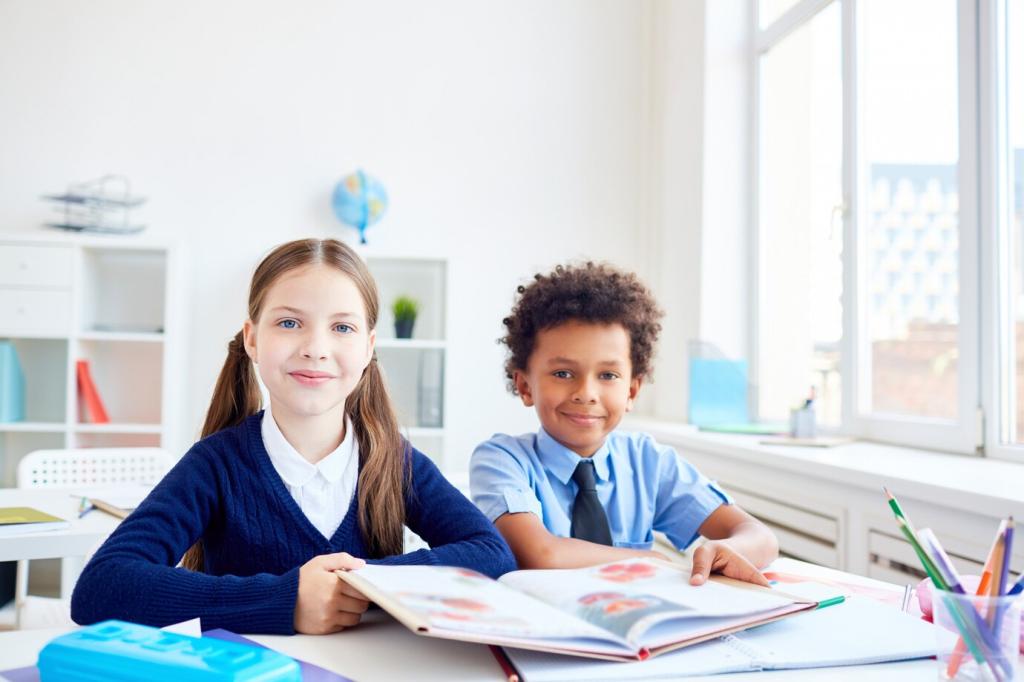
What Doesn’t Belong—and Why?
Place four items together—three spoons and one coin, or three triangles and one rectangle. Ask which does not belong, then ask why two different answers could both be reasonable. This nurtures justification, perspective taking, and flexible criteria. Comment with the most inventive explanations your child invented.
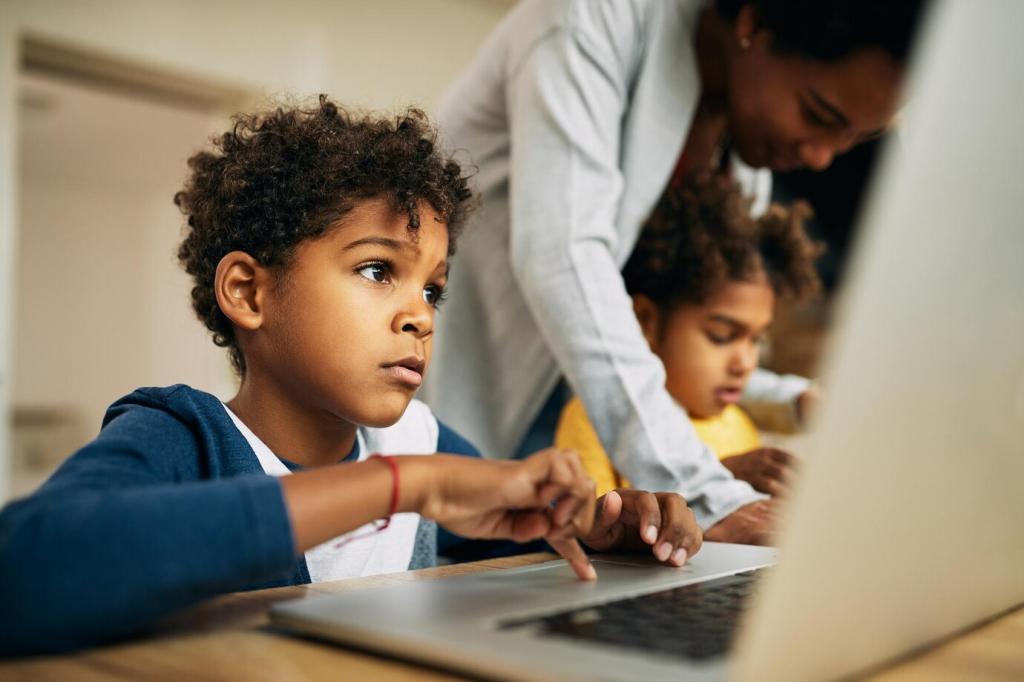
Playful Hypotheses in the Bathtub
Offer waterproof toys, cups, and kitchen strainers. Ask which objects will sink, float, or spin, and why. Change variables like amount of water, soap bubbles, or object orientation. Encourage your child to compare predictions with results. Post the funniest splash plus the smartest revised hypothesis.
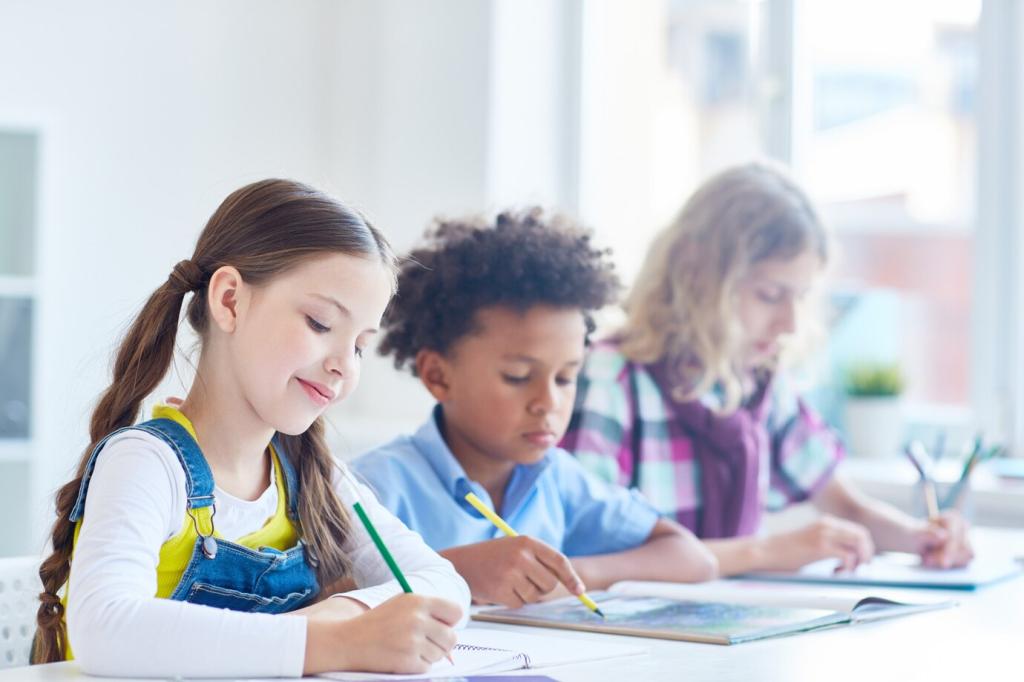
Early Math That Feels Like Play
Sort snack pieces by shape or color, then create equal groups for siblings or stuffed animals. Ask who gets more and how you know. Introduce fair share, remainders, and estimation through tasty negotiations. Tell us your best snack-time math breakthroughs and laughter-filled compromises.
Creativity, Curiosity, and Metacognition
Before building or drawing, invite a quick plan sketch and supply list. After creating, circle what worked, star surprises, and note a next step. This habit strengthens goal setting and reflection. Post a page snapshot to inspire other families to celebrate process, not perfection.
Creativity, Curiosity, and Metacognition
Post a curious daily question near breakfast, like Which object at the table is heaviest and how can we test it. Collect predictions, drawings, and quick tests. Kids learn to value wondering. Share tomorrow’s question in the comments to spark a chain of breakfast investigations.
Creativity, Curiosity, and Metacognition
Dedicate a shelf to projects with hilarious missteps. Write labels explaining what was tried, what failed, and what changed next time. Celebrate evidence of learning courage. Invite children to curate exhibits. Tell us which museum piece sparked the biggest conversation and the bravest retry.
